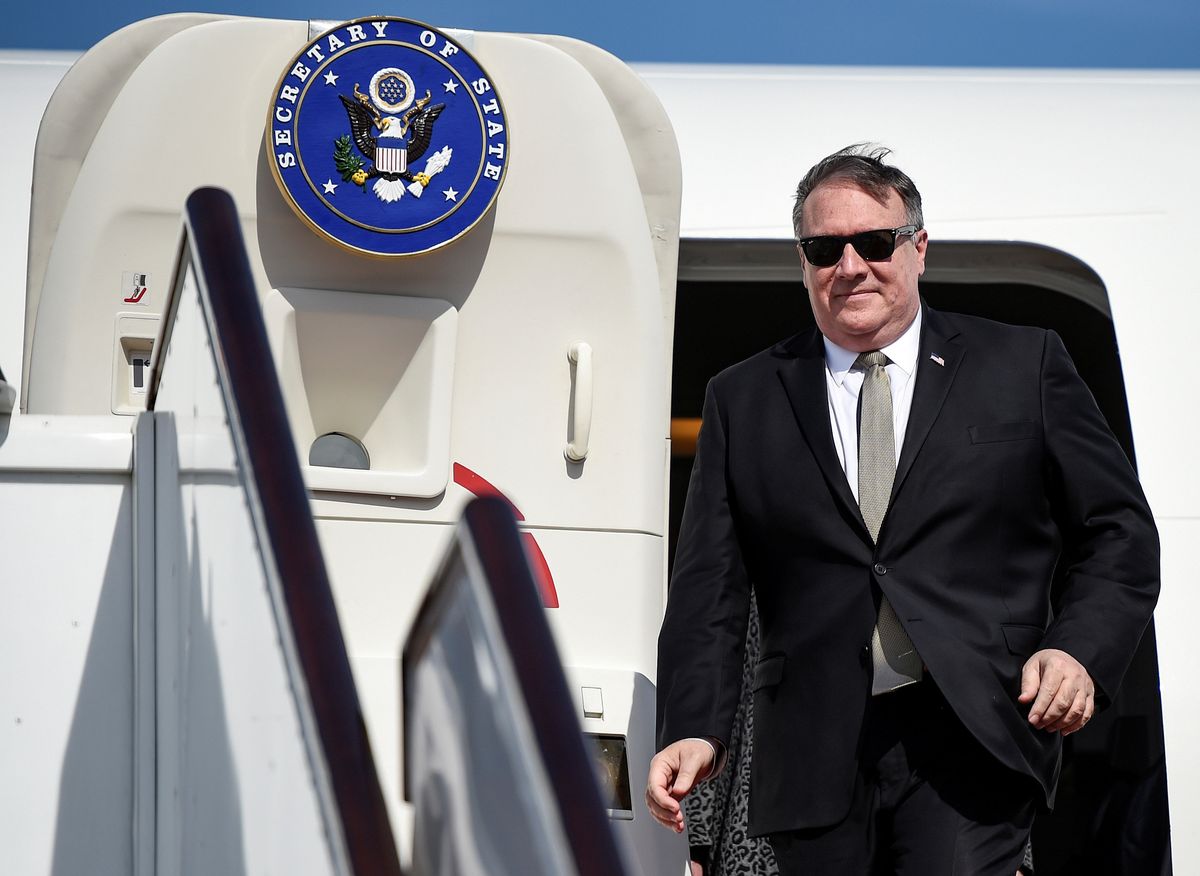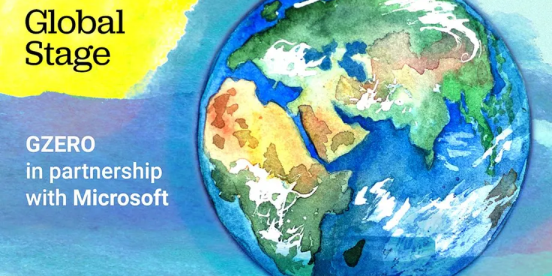We have updated our Privacy Policy and Terms of Use for Eurasia Group and its affiliates, including GZERO Media, to clarify the types of data we collect, how we collect it, how we use data and with whom we share data. By using our website you consent to our Terms and Conditions and Privacy Policy, including the transfer of your personal data to the United States from your country of residence, and our use of cookies described in our Cookie Policy.

Over the past week, US Secretary of State Mike Pompeo has been crisscrossing the Middle East in a bid to clarify the Trump administration's policy towards the region. He has been at particular pains to explain what Trump's hasty and controversial decision to pull US troops out of Syria means for allies and adversaries alike.
One slew of answers came in Mr. Pompeo's high-profile policy speech in Cairo last Thursday, where he framed a "new" policy in which Washington is a "force for good" that prioritizes its relationships with traditional Arab allies, rolls back Iranian influence in Iraq, Lebanon, and Syria, and focuses on fighting terrorist groups as a guiding principle for any involvement in the region.
Much of the speech was a deliberate rebuke to the Obama administration's policy of opening to Iran, its dithering responses to the Arab Spring and the Syrian civil war. Also in sharp contrast to Mr. Obama, who spoke in the same place a decade ago, Mr. Pompeo pointedly omitted from his speech any words of support for democracy, human rights, or economic development – a refreshing bit of honesty, some observers have dryly noted.
There is certainly room to debate whether the ideological, hard-power focused approach that Pompeo outlined is the right one. But the speech immediately raised much more immediate and practical question: are Mike and his boss on the same page?
Pompeo's declaration that "when the US retreats, the result is chaos" contrasts sharply with President Trump's move to abruptly withdraw US troops from Syria – a decision that will likely open the way for more Iranian (and Russian) influence in the region. And just yesterday, Pompeo was curiously unable to explain Trump's offhand threat to "devastate" Turkey's economy if Ankara tries to attack Kurdish groups left vulnerable by the US withdrawal.
More broadly, Pompeo's vision of the US as a great power actively shaping the region "for good" seems out of sync with President Trump's "America First" pledges to disentangle the US from nearly two decades of combat action in the region.
Added to which, there are still critical diplomatic staff vacancies in the region – five of the nine countries Pompeo visited still have no US ambassador, and senior regional positions at the State Department remain unfilled.
Unless these policy and staffing issues are resolved, it will be difficult for the US to act credibly and coherently as a force for anything in the region – "good" or otherwise.
